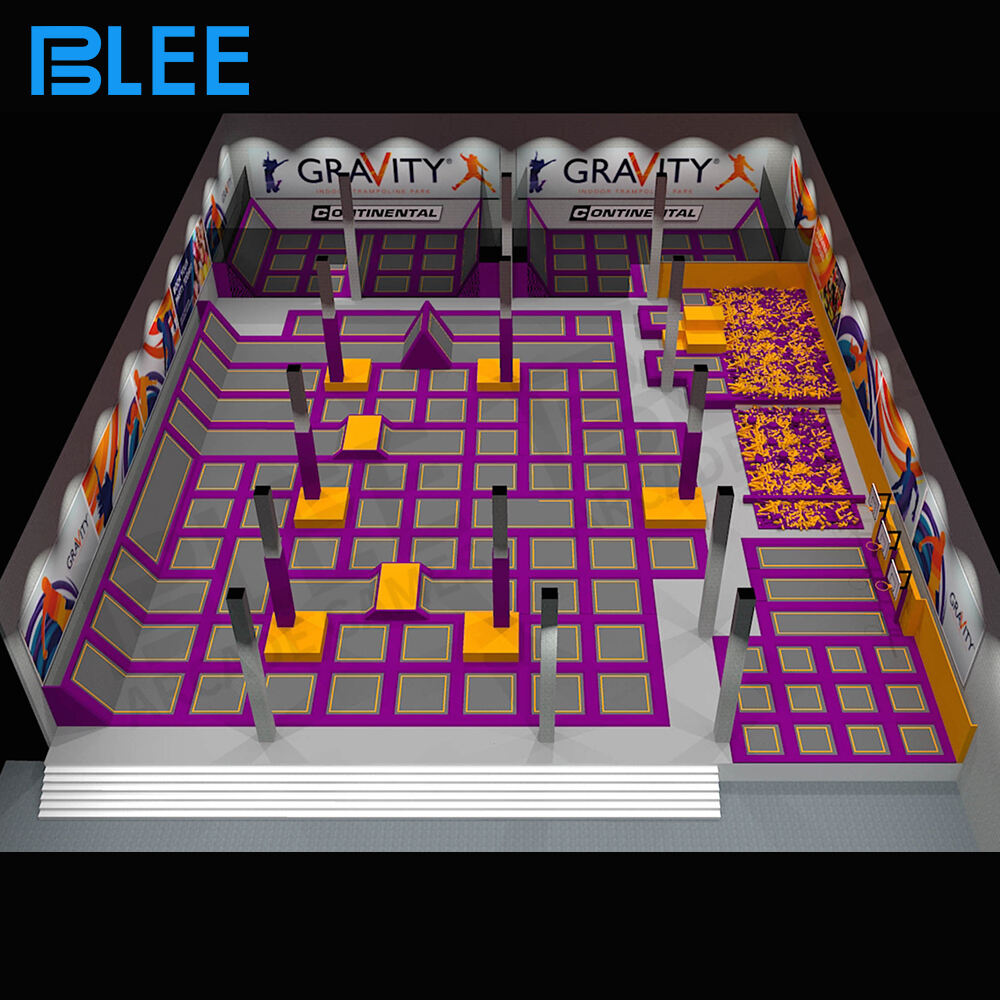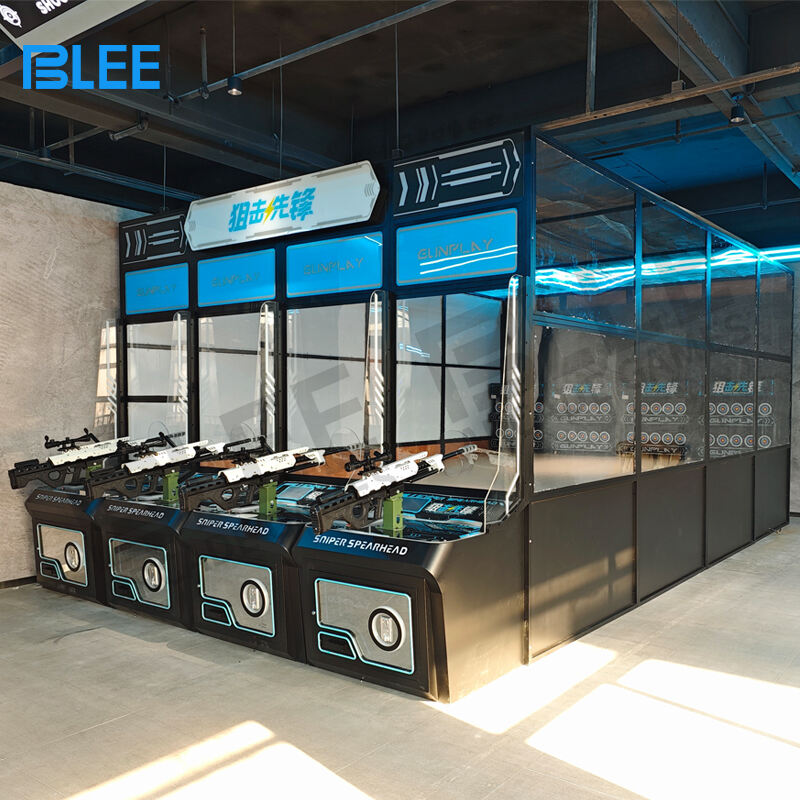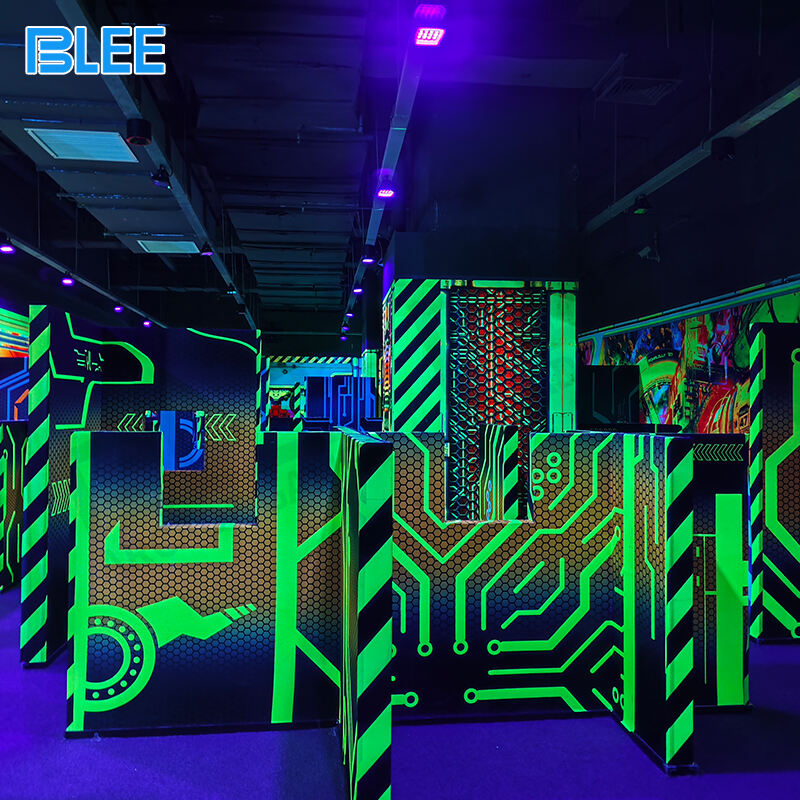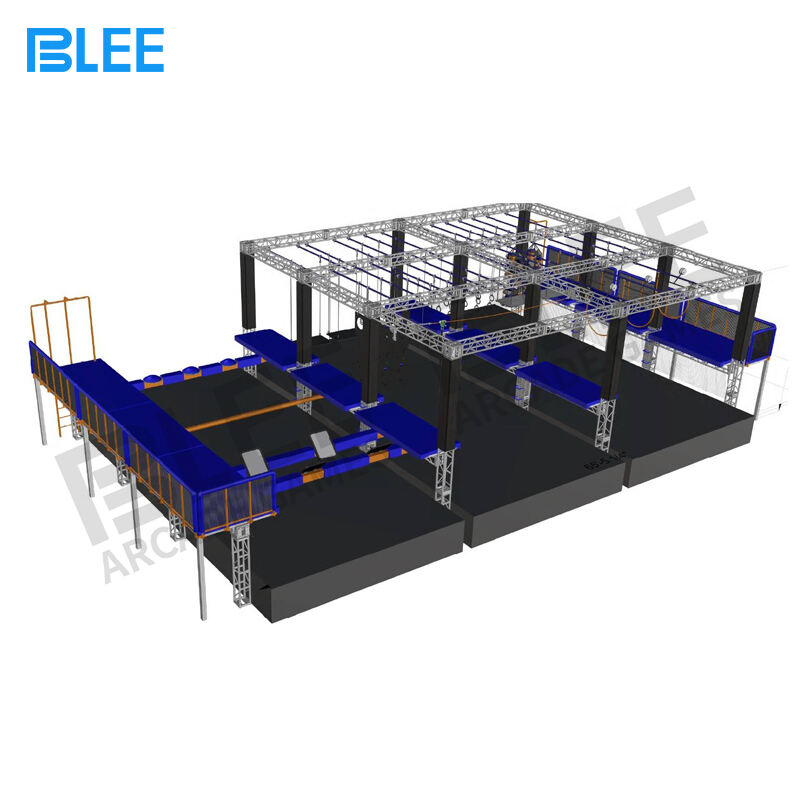Understanding White Label Solutions for Activation Games
What Are White Label Solutions?
White label solutions in the context of activation games refer to products developed by one company that are then rebranded and marketed by another. This approach allows companies to leverage the expertise of a developer without the need to build their own games from scratch. Essentially, it frees up activation game providers to focus primarily on marketing and customer engagement by outsourcing the technical development.
In today's competitive gaming industry, white label solutions are becoming increasingly popular due to their inherent flexibility and adaptability. These solutions help game providers keep pace with the fast-evolving market trends without compromising on quality or performance. By using white label solutions, companies can quickly and efficiently enter the market, offering high-quality products that align perfectly with their brand identity.
Why Activation Game Providers Need Customizable Platforms
Customizable platforms are crucial for activation game providers to meet diverse client needs and preferences. In a market where brand differentiation is key, offering a unique player experience can set a company apart from its competitors. By tailoring their platforms, providers can ensure that their games resonate with specific target audiences, accommodating various themes and functionalities that different clients may desire.
Evidence consistently shows that customization significantly boosts user engagement and retention rates. When players feel that a game aligns with their expectations and preferences, they are more likely to stay engaged and become loyal users. Therefore, by investing in customizable platforms, game providers can not only enhance the player's experience but also drive business success in a competitive landscape.
Key Features of Modern White Label Platforms
Seamless Integration with Existing Systems
Modern white label platforms for activation games offer seamless integration capabilities, ensuring they work smoothly with existing operational systems. This functionality minimizes the risk of operational disruptions, allowing businesses to transition to new technologies without hindering their normal operations.
Furthermore, studies have shown that when integration is seamless, deployment times are significantly reduced. As a result, companies can swiftly leverage the new technological advancements to enhance their gaming platform's performance and customer satisfaction, thereby improving overall operational efficiency.
Multi-Tenant Branding Capabilities
Multi-tenant architecture is a pivotal feature of modern white label platforms, enabling multiple clients to operate on a single system while maintaining distinct branding. By adopting this architecture, companies can optimize resource usage, drastically lowering operational costs and enhancing resource efficiency.
This model allows providers to scale their services and tailor offerings for diverse client needs without increasing investment in separate infrastructure. Successful implementations in the gaming industry, such as the case with Timeless Tech's solutions, highlight how multi-tenant setups facilitate differentiated branding and economic scalability, positioning companies competitively in the market.
Real-Time Analytics and Reporting Tools
In today's fast-paced digital environment, real-time analytics are paramount for making informed, data-driven decisions. Activation game providers can utilize these analytics to quickly assess player behavior and platform performance, leading to enhanced engagement and revenue prospects.
Comprehensive reporting tools accompany these analytics, offering clear insights into user interactions and operational outcomes. Various case studies in the gaming industry corroborate the advantages of real-time analytics, demonstrating improved engagement metrics and revenue insights. Implementing robust analytics and reporting tools on a white label platform can empower providers to refine strategies and optimize their services for maximum impact.
Benefits of White Label Solutions for Game Providers
Reduced Time-to-Market for New Offerings
White label solutions significantly accelerate the time-to-market for new gaming offerings. These solutions provide a structured framework that eliminates the complexities of developing platforms from scratch, allowing game providers to launch swiftly.
For instance, companies adopting white label approaches often benefit from reduced development timelines, facilitating quicker entry into competitive markets. Statistics show that utilizing white label solutions can cut development and deployment times by up to 50%. This accelerated launch becomes a key competitive advantage, offering substantial financial gains as providers can capitalize on market trends and player demands even before their competitors do.
Cost-Effective Scalability Strategies
Game providers achieve cost efficiency and scalability with white label solutions. These solutions offer a flexible infrastructure that supports growth without requiring massive upfront investments typically associated with traditional development projects. Many companies have successfully scaled their operations using white label solutions, optimizing resources and expanding offerings without financial strain.
On the other hand, in-house development often incurs significantly higher costs due to ongoing maintenance and upgrades. Comparatively, white label solutions are designed for scalability, providing a growth strategy that aligns with changing market dynamics while minimizing expenditure.
Enhanced Security and Compliance
White label solutions incorporate robust security measures to protect user data and ensure compliance with industry regulations. As gaming platforms face increasing scrutiny from regulatory bodies, these features become essential for maintaining operational integrity. Enhanced security not only safeguards sensitive user information but also builds trust among players, fostering long-term engagement.
For instance, a report from the International Gaming Association highlights the importance of stringent security protocols in online gaming, emphasizing industry-wide best practices. By choosing white label solutions, game providers align with heightened compliance standards and mitigate risks associated with data breaches.
Choosing the Right White Label Partner
Evaluating Technical Infrastructure
When choosing a white label partner, evaluating their technical infrastructure is crucial to ensuring robust gaming solutions. A partner's ability to meet technical requirements, such as server capabilities and technology stack, can greatly impact the gaming experience. Consider guidelines that assess these infrastructure capabilities, including server locations and the technology stack employed.
Equally important is selecting a partner known for reliability and a proven track record in technical support. These elements ensure seamless operation, especially in high-demand scenarios, where technical reliability can make or break your gaming offerings.
Assessing Cross-Platform Compatibility
Cross-platform compatibility is essential for tapping into different markets and device types effectively. A white label partner should offer solutions that are compatible with various devices, ensuring that games are accessible whether played on a mobile, tablet, or desktop.
Key features to look for include mobile responsiveness and browser compatibility, which enhance player engagement across diverse platforms. The increasing trend towards cross-platform gaming underscores its significance, driving player retention and expanding market reach across different demographics and devices.
Importance of 24/7 Support Systems
Having 24/7 support systems in place with your white label partner is vital to maintaining minimal downtime and ensuring user satisfaction. Around-the-clock support ensures that any technical issues can be swiftly addressed, minimizing disruptions to service.
Establishing effective communication channels and response times is crucial for prompt assistance and problem resolution. Research has shown that consistent support availability significantly influences overall user satisfaction and can drive better business performance by enhancing customer loyalty and operational efficiency.
Future Trends in Activation Game Solutions
AI-Driven Personalization in Gaming
AI-driven personalization is revolutionizing the gaming industry by enhancing user experience through tailored experiences that adapt to player behavior. By analyzing in-game actions, AI can customize content, suggest game tactics, and even adjust difficulty levels, making each session unique and engaging.
A case study from "GameTech Innovators" highlighted how integrating AI personalization in a popular online multiplayer game led to a 30% increase in player engagement and a 20% boost in in-game purchases. Industry experts, including tech analyst James King, predict that AI will become indispensable in future game development, offering publishers endless opportunities to engage users in more meaningful and personalized ways.
Cloud-Based Streaming Innovations
Cloud-based gaming is reshaping how players access games, enabling instant playability without needing high-end hardware. This trend is pivotal in the activation game market, as players can engage with games from virtually any device with internet connectivity.
According to a report by "Future Gaming Insights," the global cloud gaming market is projected to grow at an annual rate of 15%, revealing a strong industry shift towards streaming services. The benefits of this model are significant; players can switch between multiple games effortlessly, while developers can reach broader audiences without the constraint of device-specific adaptations.
B2B and B2C Payment Integrations
Seamless payment integrations are crucial for gaming businesses operating in both B2B and B2C models, as they ensure secure and smooth financial transactions. The rise of digital payment solutions has made it imperative for game companies to offer a variety of payment methods that cater to user convenience and strengthen transactional security.
Recent market analysis by "Digital Payments Weekly" found that 60% of players prefer gaming platforms that support diverse payment options, highlighting the need for businesses to adopt flexible transaction systems. Improved payment integrations not only drive user satisfaction but also bolster player retention by reducing friction in the purchasing process.
Through strategic implementation of these trends, gaming companies can stay ahead in a rapidly evolving market, providing players with immersive and accessible gaming experiences while ensuring robust financial systems that cater to both business and consumer needs.









